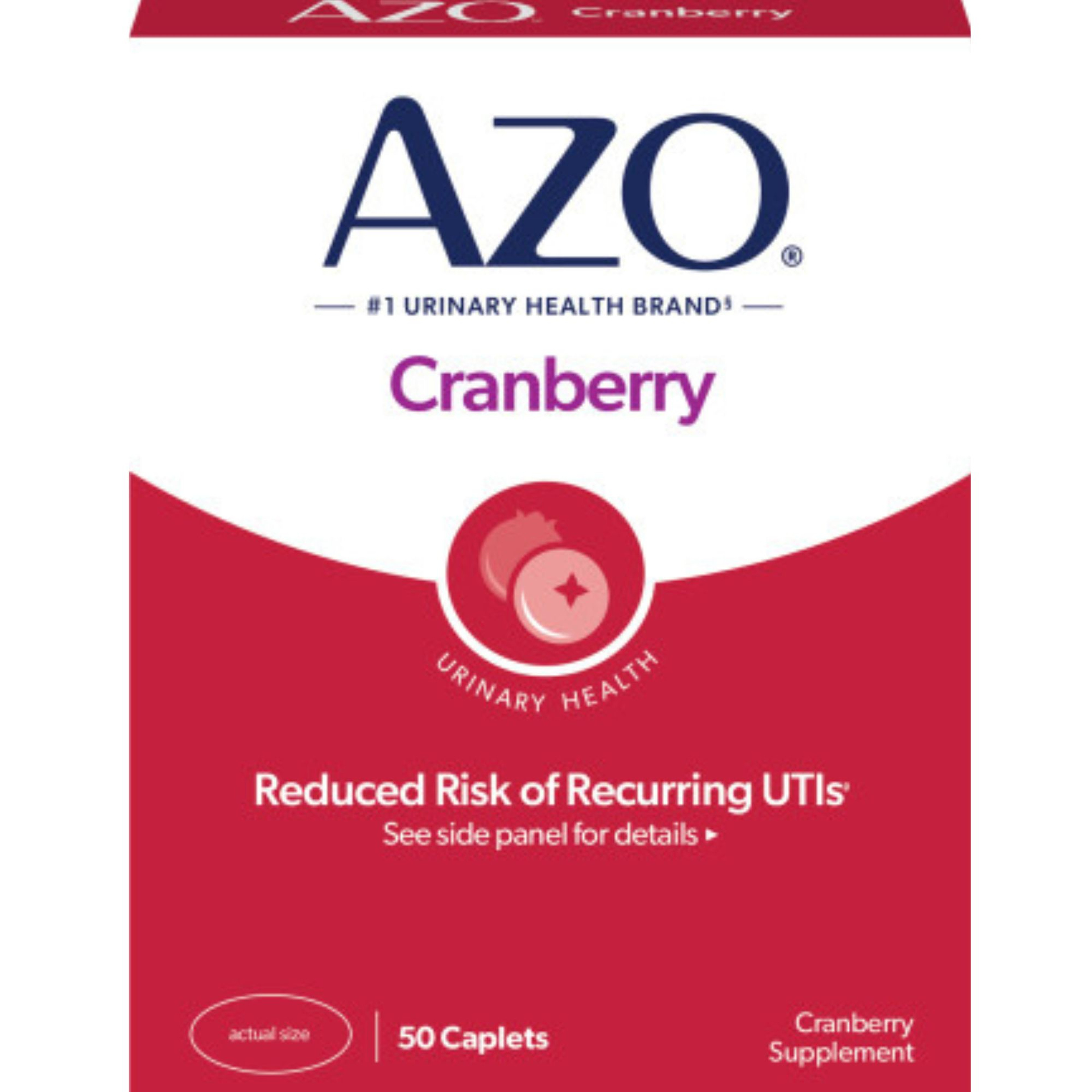
AZO Urinary Tract Health Cranberry Supplement 50 caplets - 1 Each
Arrives Wed, Jan 14 - Thu, Jan 15
FSA & HSA eligible

Arrives Wed, Jan 14 - Thu, Jan 15
FSA & HSA eligible

Arrives Wed, Jan 14 - Thu, Jan 15
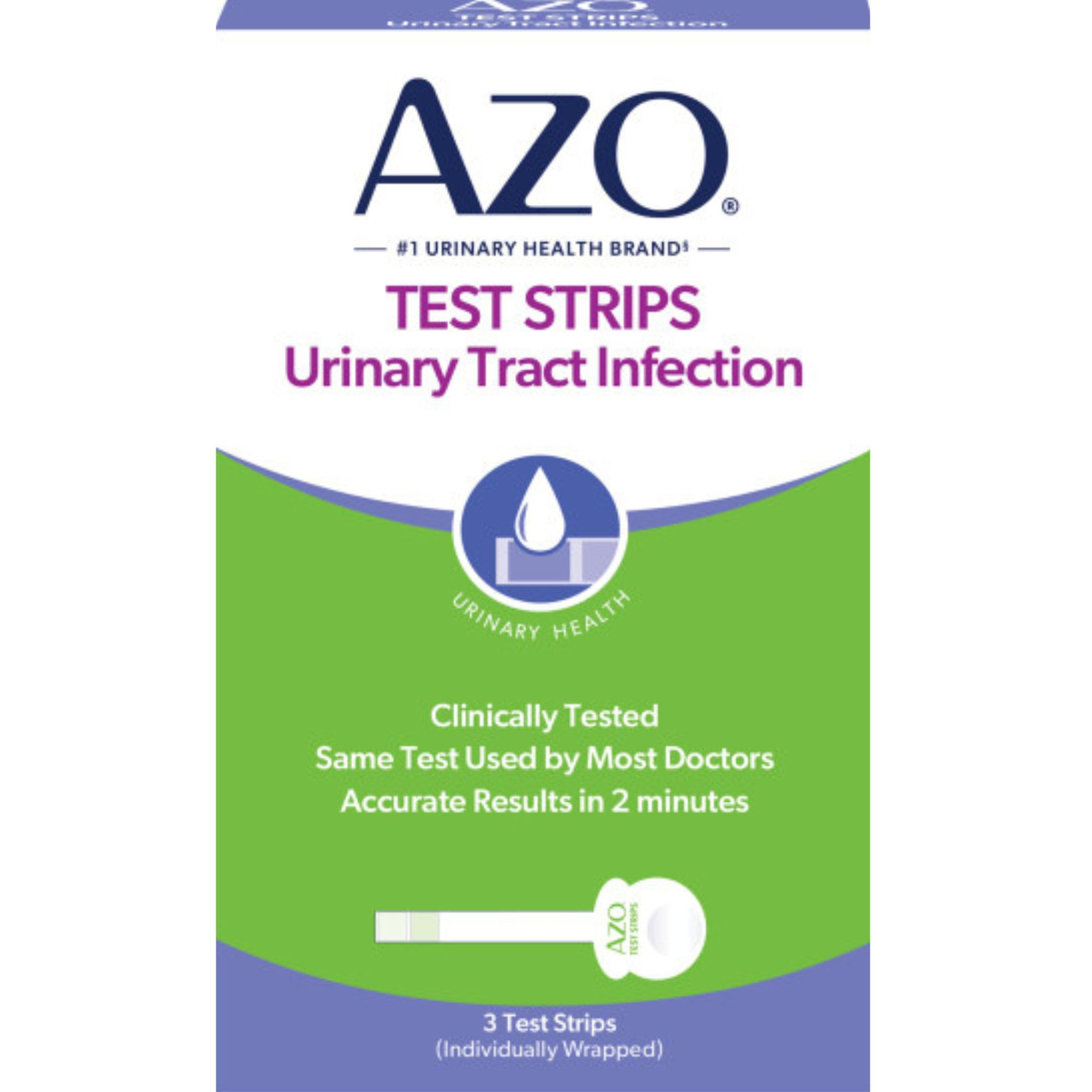
Arrives Wed, Jan 14 - Thu, Jan 15
FSA & HSA eligible
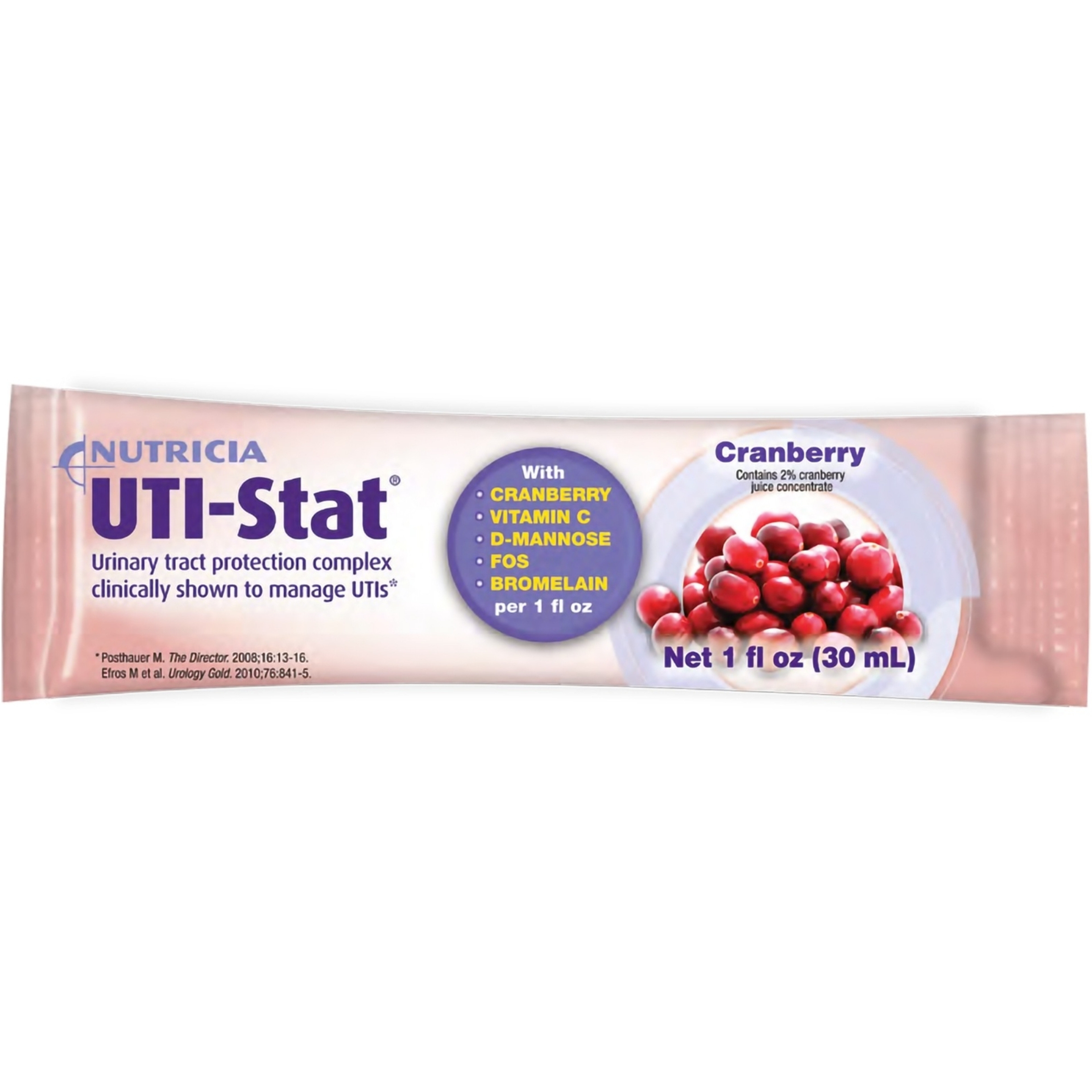
Arrives Wed, Jan 14 - Thu, Jan 15
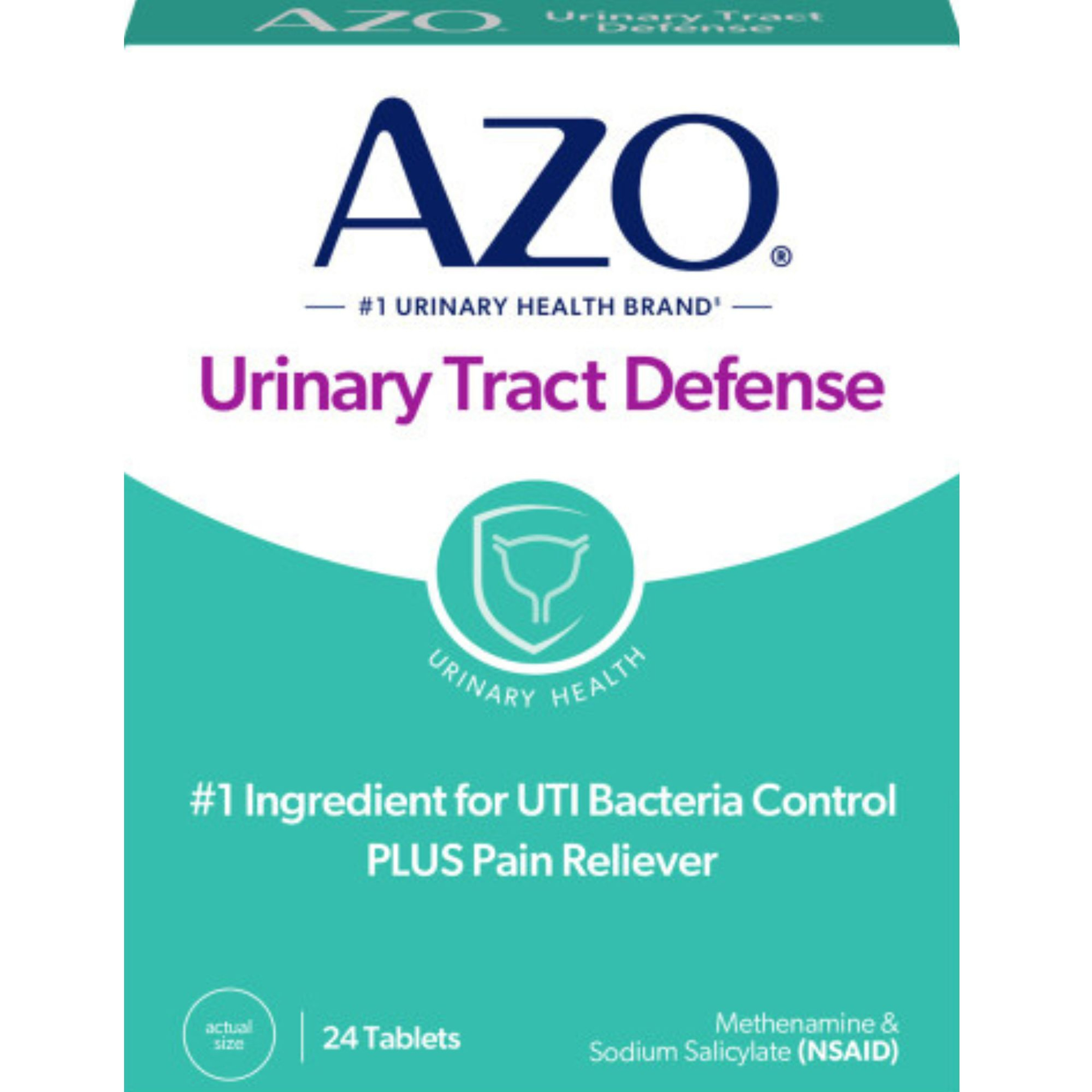
Arrives Wed, Jan 14 - Thu, Jan 15
FSA & HSA eligible
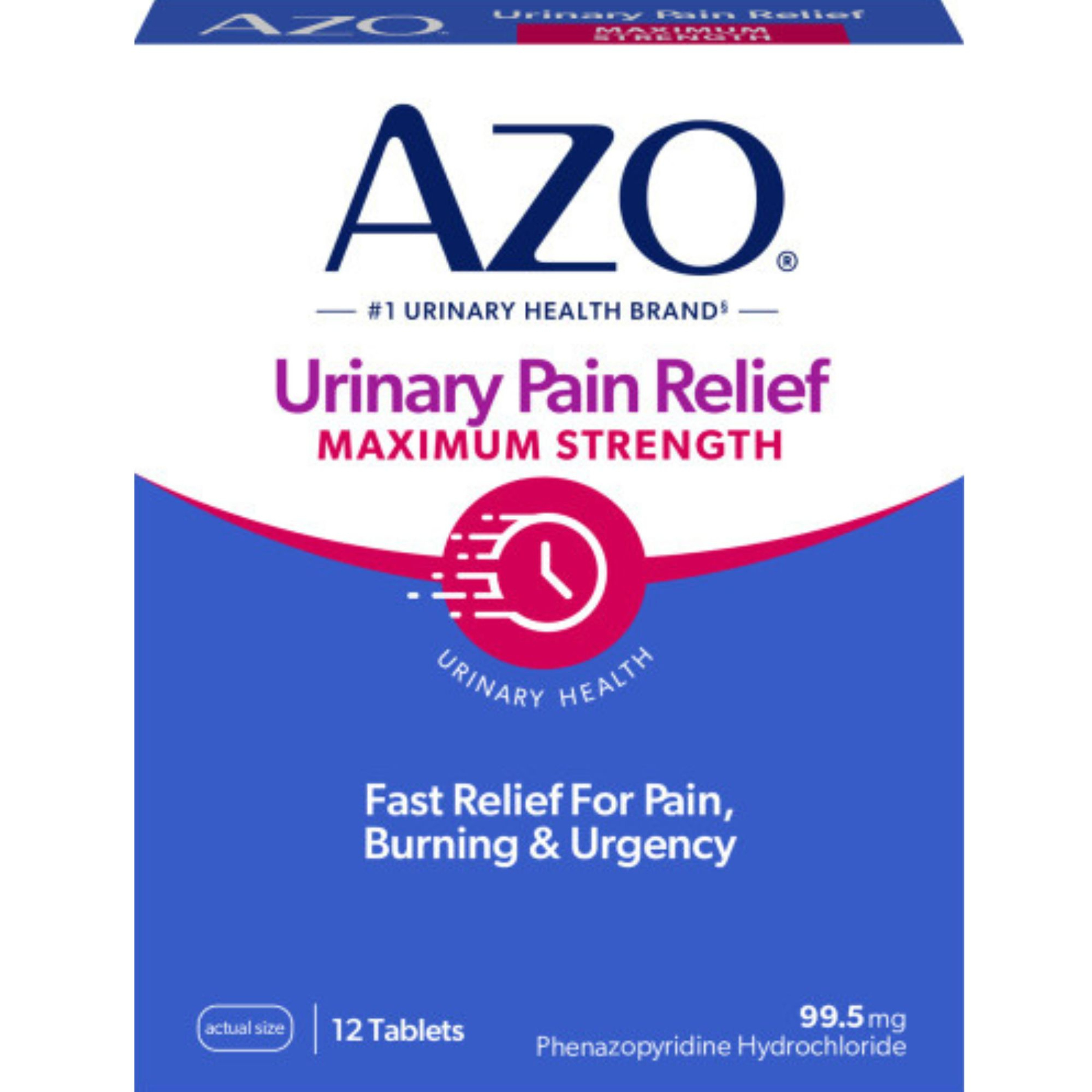
Arrives Wed, Jan 14 - Thu, Jan 15
FSA & HSA eligible
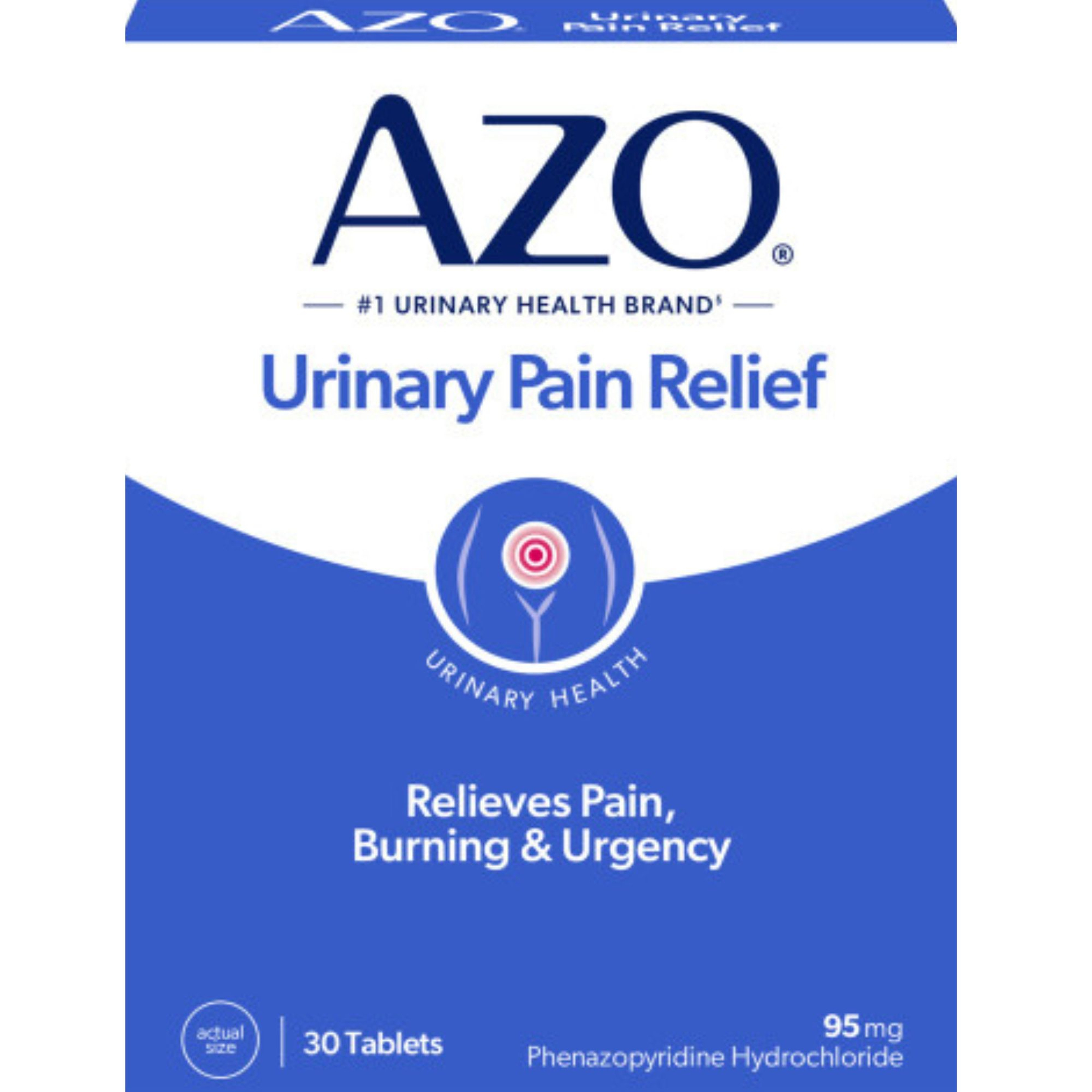
Arrives Wed, Jan 14 - Thu, Jan 15
FSA & HSA eligible
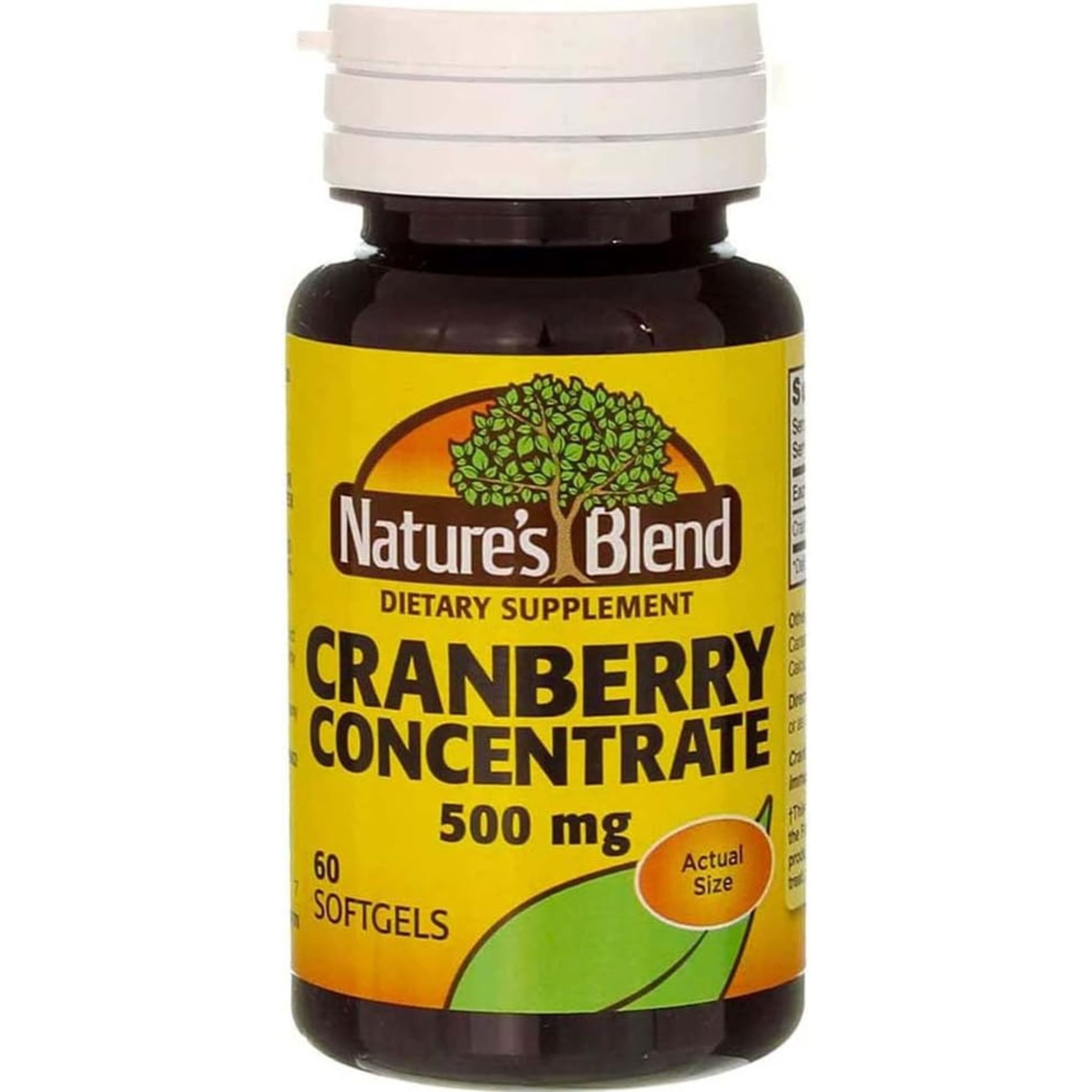
Arrives Wed, Jan 14 - Thu, Jan 15
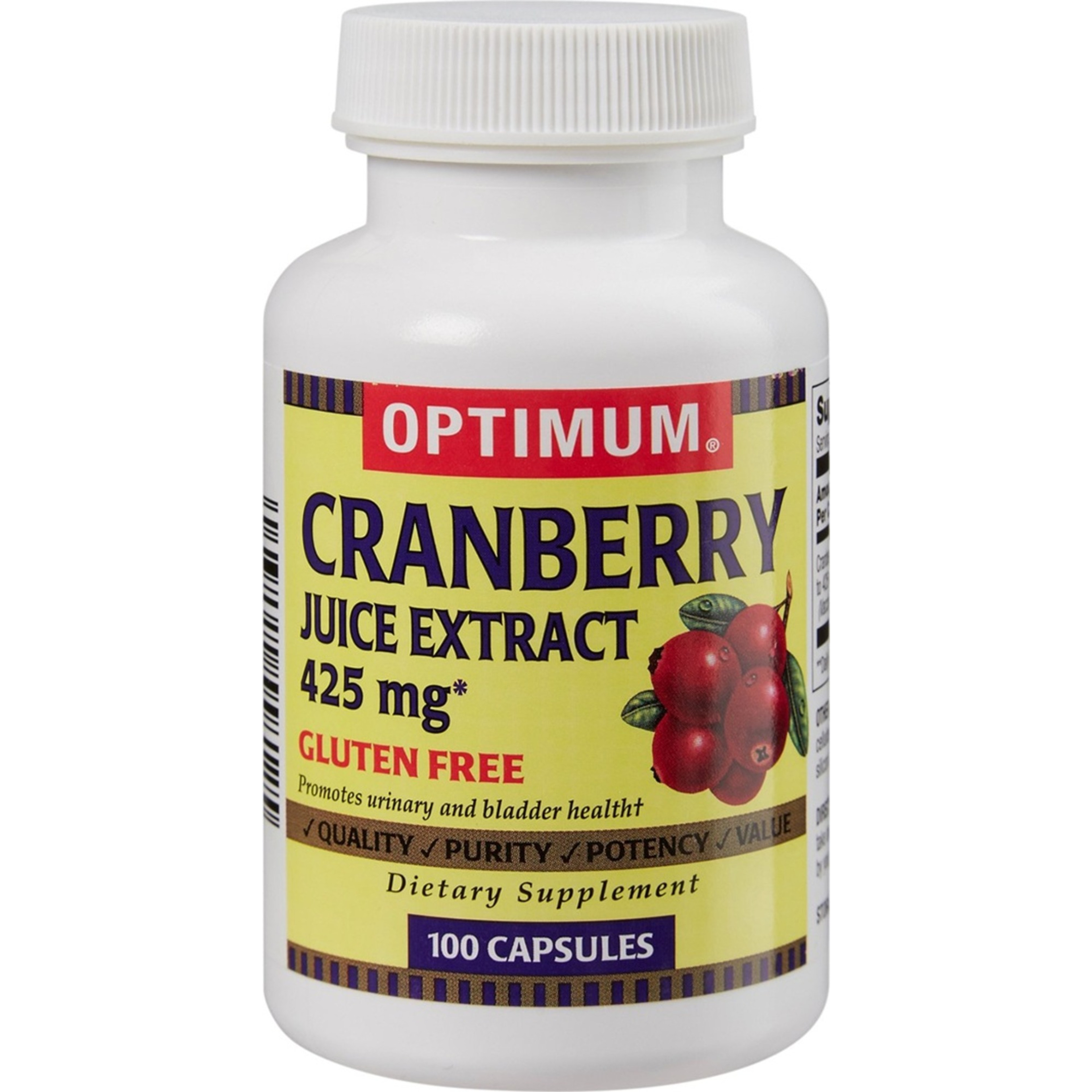
Arrives Wed, Jan 14 - Thu, Jan 15
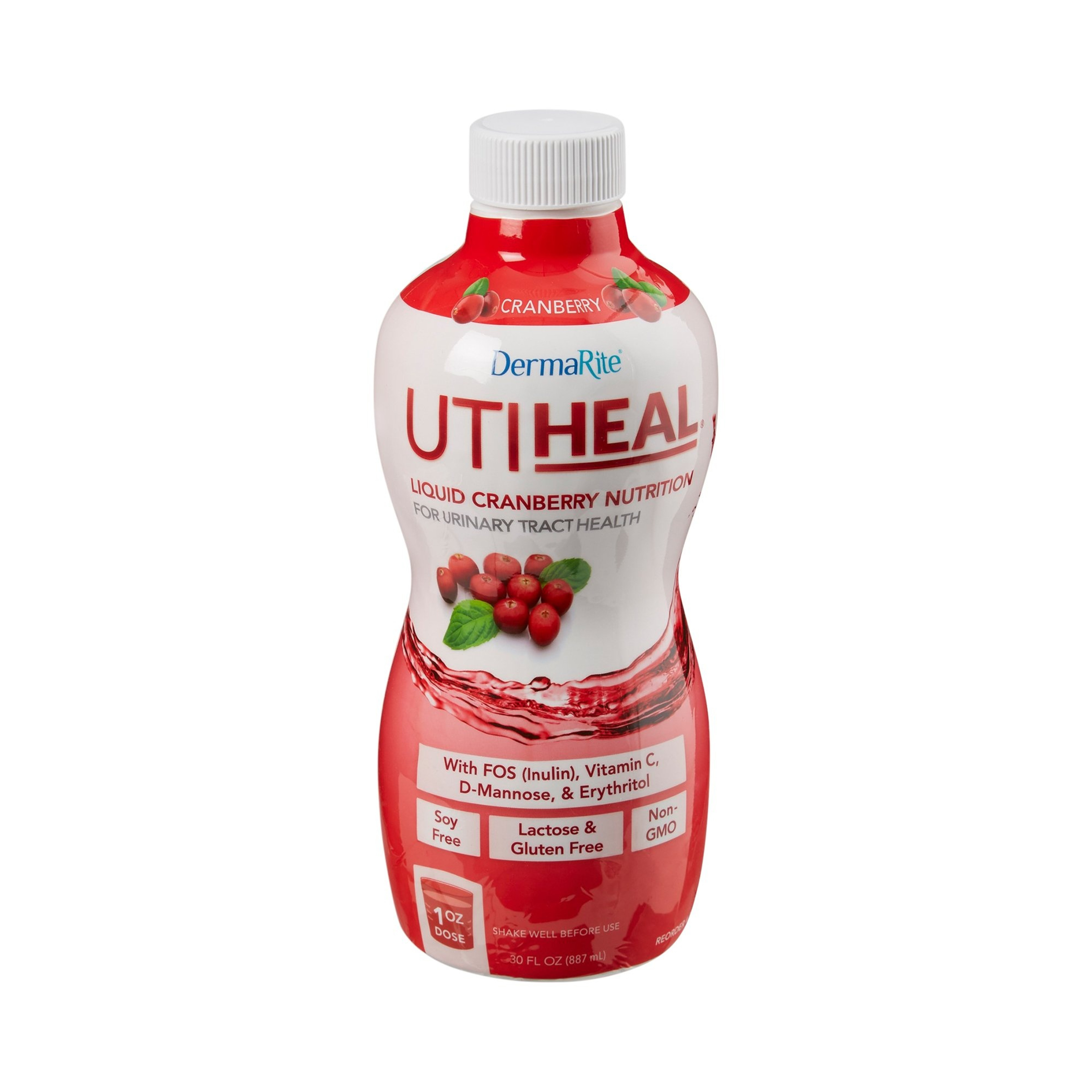
Arrives Wed, Jan 14 - Thu, Jan 15
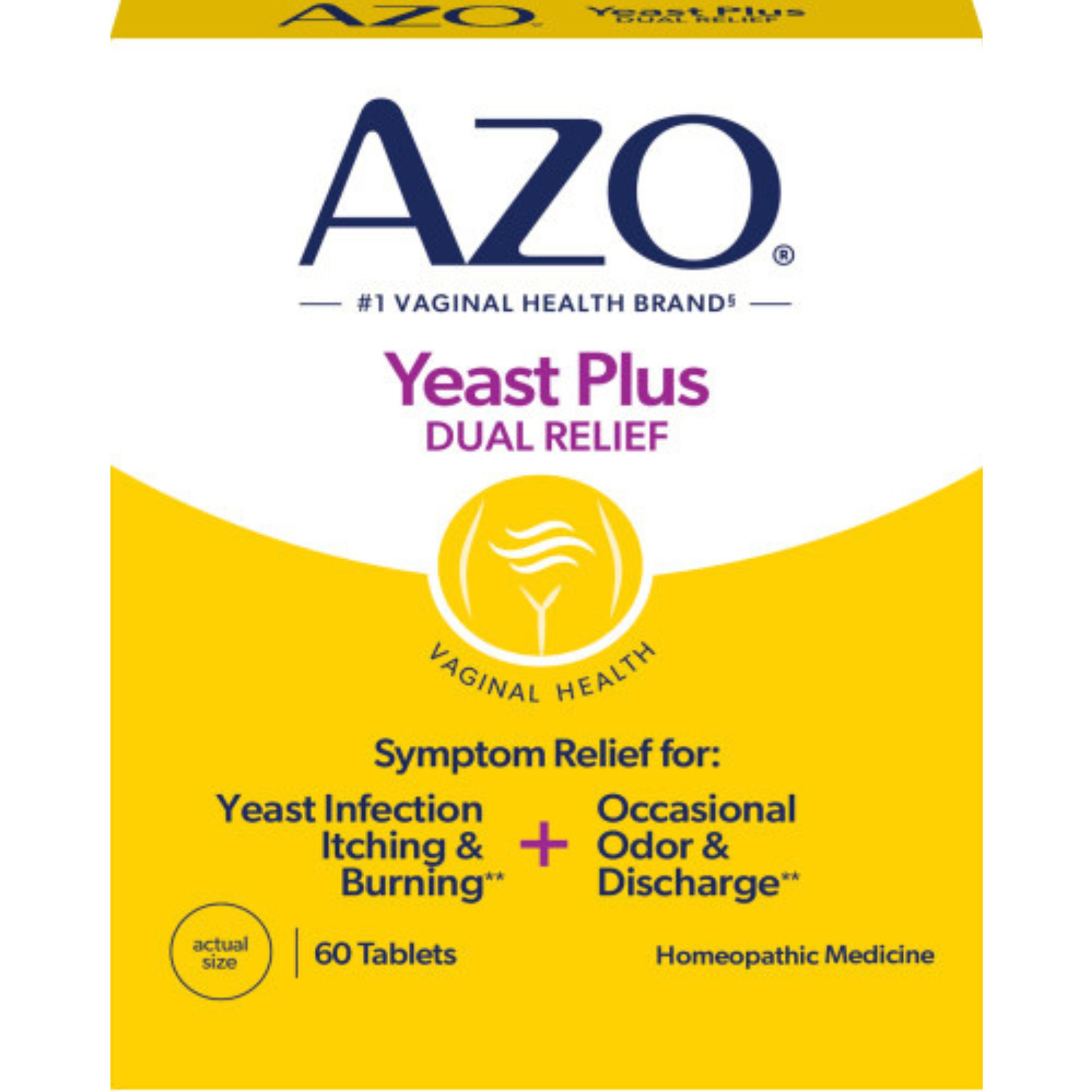
Arrives Wed, Jan 14 - Thu, Jan 15
FSA & HSA eligible
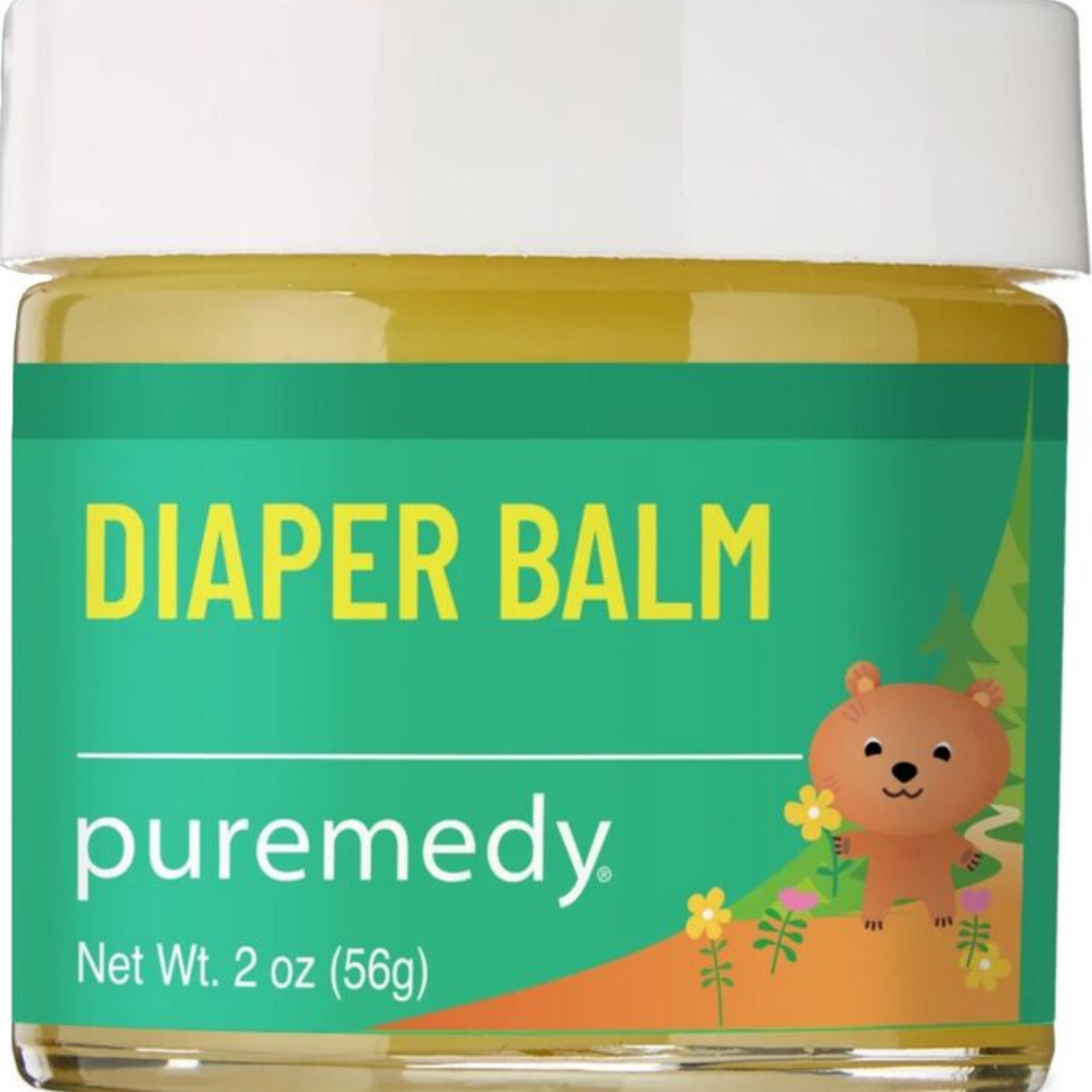
Arrives Wed, Jan 14 - Thu, Jan 15
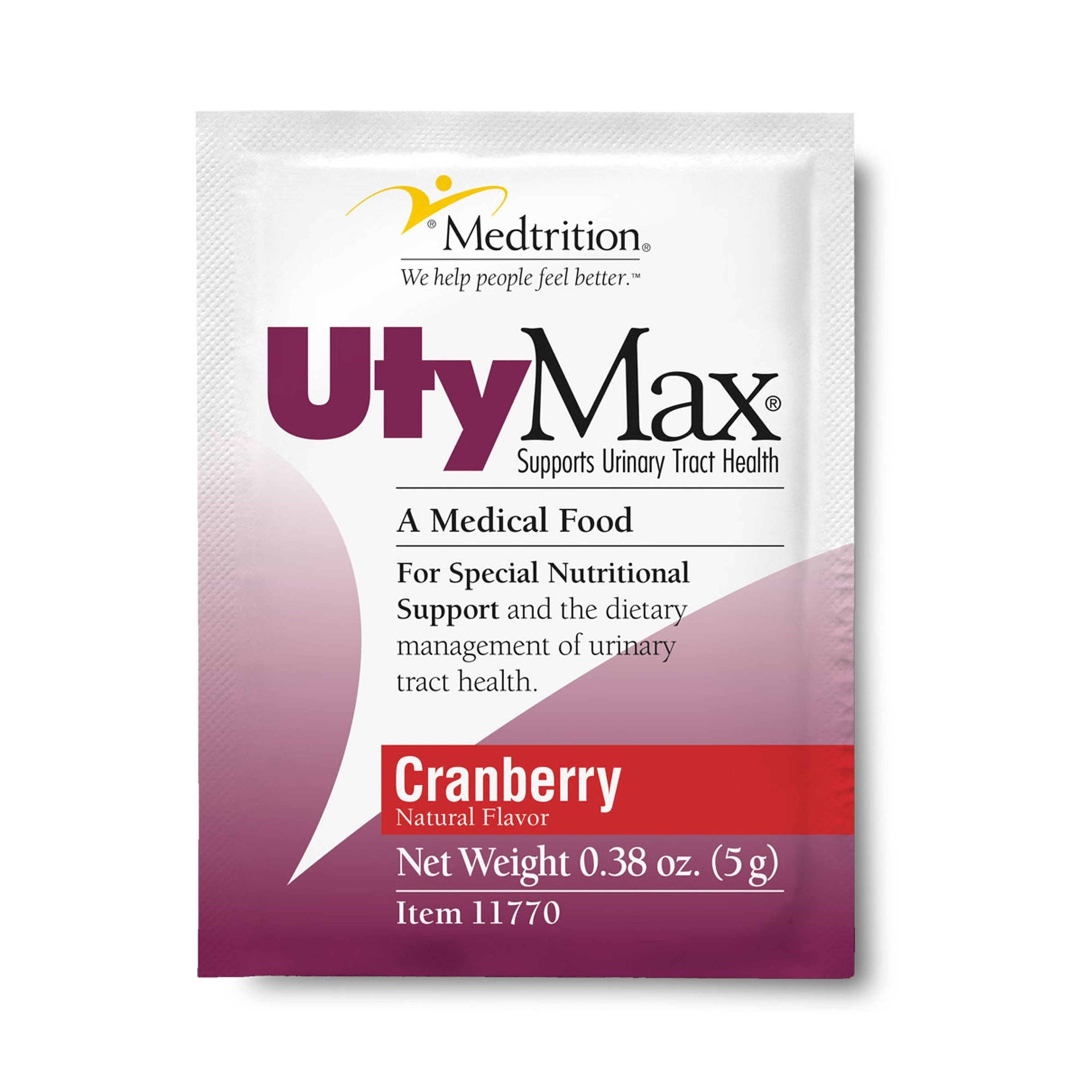
Arrives Wed, Jan 14 - Thu, Jan 15
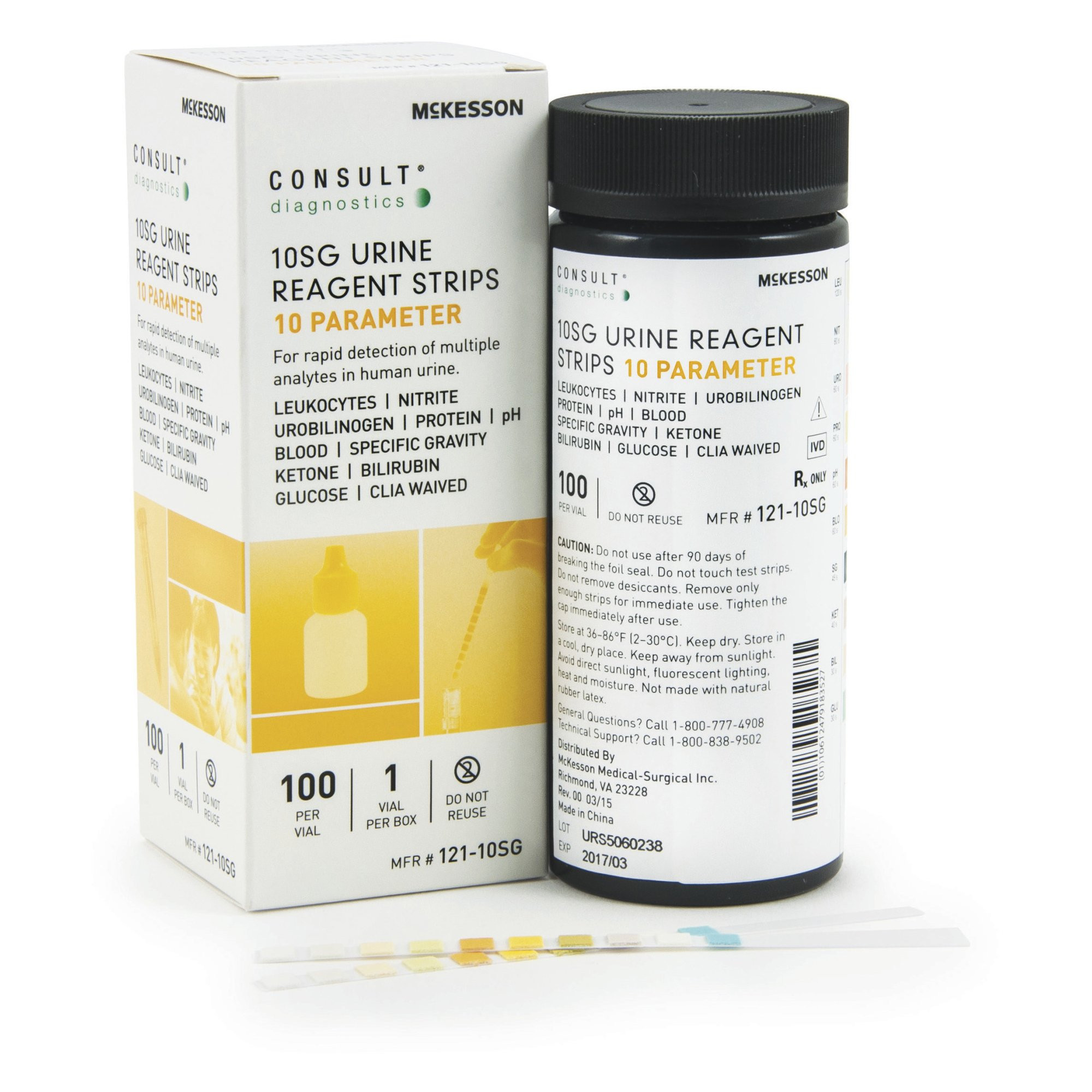
Arrives Wed, Jan 14 - Thu, Jan 15
FSA & HSA eligible
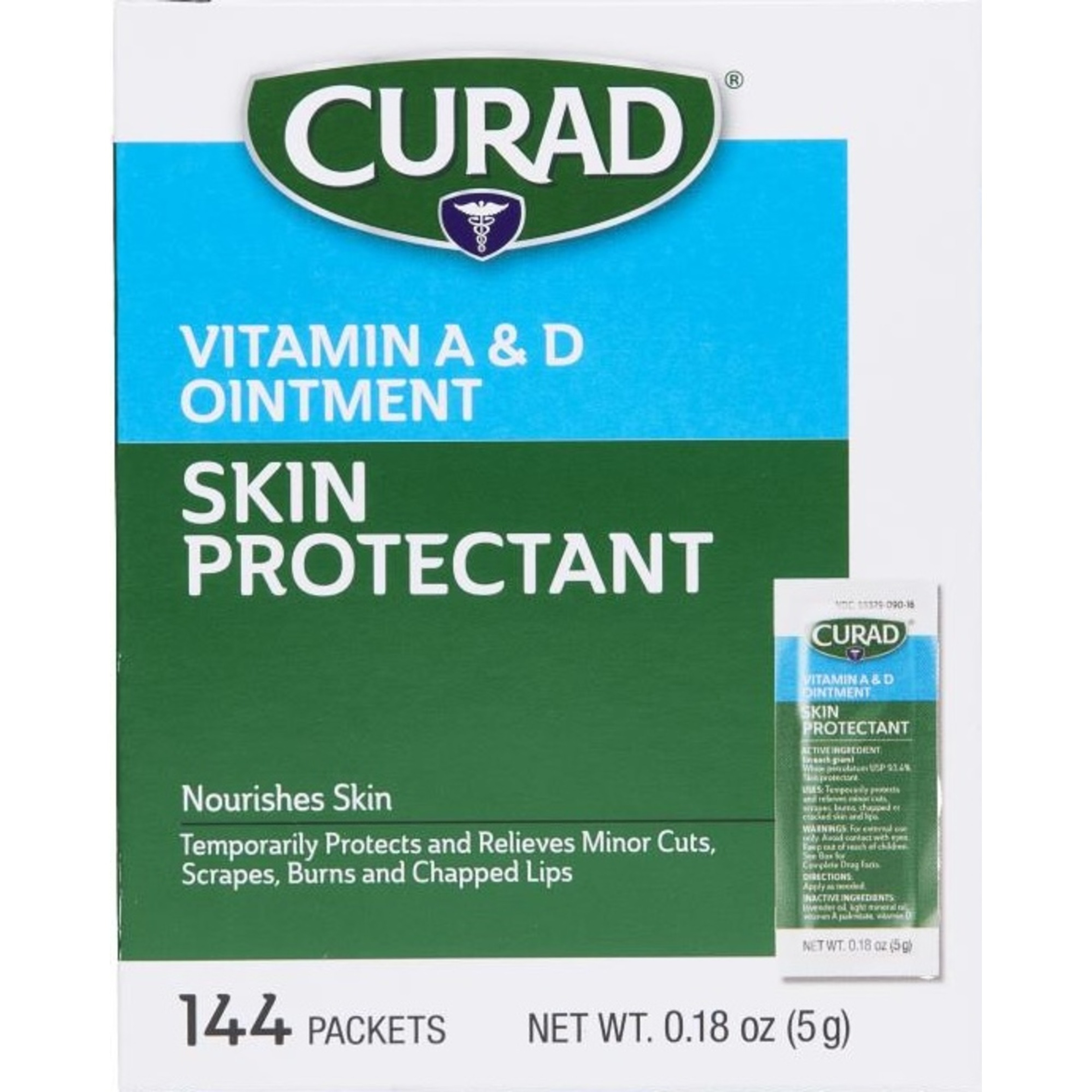
This product is currently out of stock.
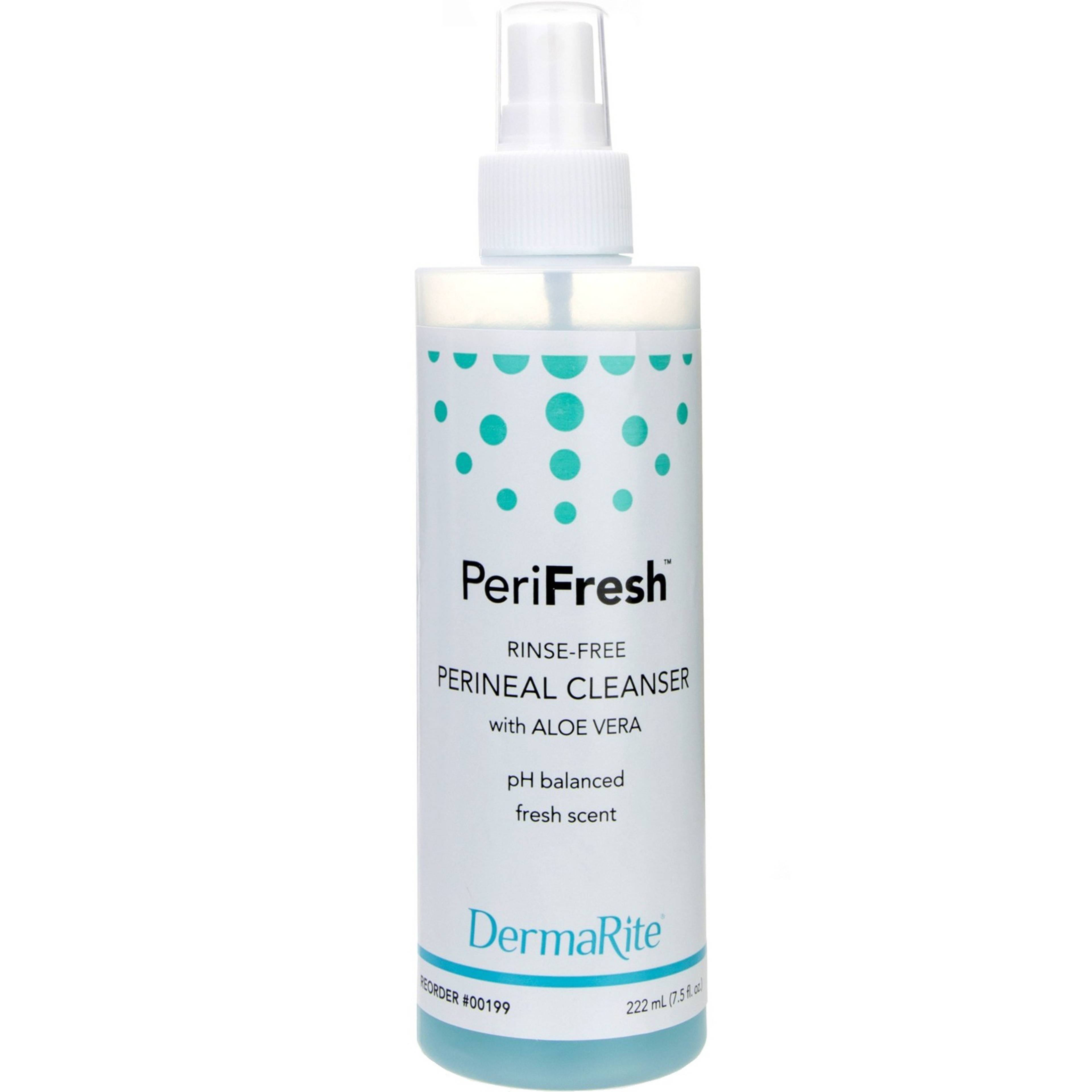
This product is currently out of stock.
Caring for skin and urinary health is a critical part of managing incontinence. For adults and caregivers, products like perineal cleansers, diaper rash creams, and UTI medication provide comfort, protection, and peace of mind. These solutions help prevent irritation, reduce infection risks, and maintain daily hygiene with ease.
These gentle, no-rinse cleansers are specifically designed for cleaning the sensitive perineal area after incontinence episodes. Unlike harsh soaps, they are pH-balanced, soothing, and effective in removing odor and bacteria, making them a staple in any incontinence care routine.
Barrier Creams & Rash Ointments
Barrier creams form a protective shield over the skin to prevent breakdown caused by moisture and friction. Diaper rash creams are essential for soothing inflammation and preventing future outbreaks, especially when applied after each change.
UTI Prevention & Relief Products
Aging adults are more prone to urinary tract infections. UTI supplements, like cranberry capsules and D-Mannose, support bladder health, while over-the-counter UTI medications can relieve symptoms like urgency and burning. These products are valuable additions to a proactive urinary care plan.
AZO UTI care products help relieve UTI symptoms like burning and urgency, while also supporting daily urinary tract health. Options like AZO Cranberry and AZO Urinary Pain Relief offer fast, reliable relief and prevention.
Whether you're seeking the best adult diaper rash cream or UTI supplements for an aging parent, we provide only high-quality, customer-reviewed solutions that promote dignity, comfort, and skin health. Plus, many of our products are FSA/HSA eligible. Get free shipping on perineal care, skin protectants, and urinary health supplies when you spend $49. Our Customer Care Team is available to help you choose the right items for your needs.